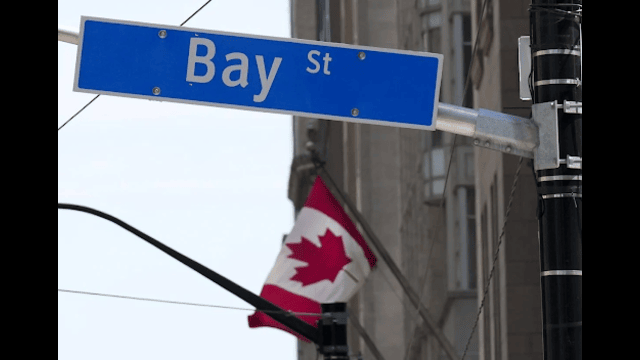
Treasury Secretary Scott Bessent appeared before the House Appropriations Committee's subcommittee on financial services and general government for an oversight hearing on the Treasury Department, held on Capitol Hill in Washington on Tuesday, May 6, 2025. (AP Photo/Jose Luis Magana)
Finance leaders from the world’s top seven democratic economies are gathering this week in Banff, Alberta, hoping to present a united front. While U.S. President Donald Trump’s steep tariffs loom in the background, the main goal of this G7 meeting is to strengthen cooperation on broader issues like economic security, support for Ukraine, and working together on artificial intelligence.
The summit, running from Tuesday to Thursday, includes U.S. Treasury Secretary Scott Bessent, who finds himself in the spotlight as America's trade policies continue to rattle allies. Countries like Japan, Germany, France, and Italy are bracing for potentially higher tariffs—up to 20% or more—set to kick in by early July. Britain, after reaching a limited agreement, still faces 10% U.S. tariffs, while Canada continues to wrestle with a 25% duty on its exports.
While tariff tensions are expected to linger, G7 officials know that focusing too much on these disagreements could fracture the group. To avoid this, they may opt for more general agreements and softer language that still shows collaboration without exposing internal rifts.
Behind closed doors, ministers from the six other nations are expected to gently remind Bessent that they are America’s closest allies. They argue it's difficult to align with Washington’s call to pressure China economically when they themselves are facing tough U.S. trade measures.
Bessent, a former hedge fund manager, is known for opposing China’s state-driven economy, which he believes floods markets with underpriced, subsidized goods. He’s expected to keep pushing for policies that level the playing field, not just within the G7 but globally.
Talks between Bessent and Japan are said to be moving forward. However, he has warned that countries not willing to negotiate seriously may face even harsher tariffs. Japan could see a 24% tariff if talks stall.
Though Bessent is seen as more balanced than other voices in the Trump administration, G7 ministers are hoping he’ll use that influence to soften America’s stance. According to Mark Sobel, a former U.S. Treasury official, other nations are counting on Bessent to advocate for more cooperative trade policies.
Despite the tension, Canada—the host country—wants a united outcome. Officials there are pushing for a shared statement that reflects agreement on several key areas. One focus is showing support for Ukraine, especially with Ukrainian Finance Minister Serhii Marchenko expected to join. However, any commitment is likely to be less detailed than the last G7 finance statement, which included a $50 billion loan deal.
Following recent failed peace talks, ministers may agree to endorse stronger sanctions against Russia—though again, without diving into specifics.
Other areas of likely consensus include support for the International Monetary Fund and World Bank, as well as efforts to fight financial crimes like money laundering. Bessent’s push to involve private companies more in economic growth also seems to have backing.
Still, one challenge remains: how to address the global market confusion caused by Trump’s tariffs without directly criticizing the U.S. administration.
Even Suzanne Clark, head of the U.S. Chamber of Commerce, voiced uncertainty at a recent event in Ottawa. She urged leaders to work toward a future where democratic values, open markets, and shared economic goals remain intact.















